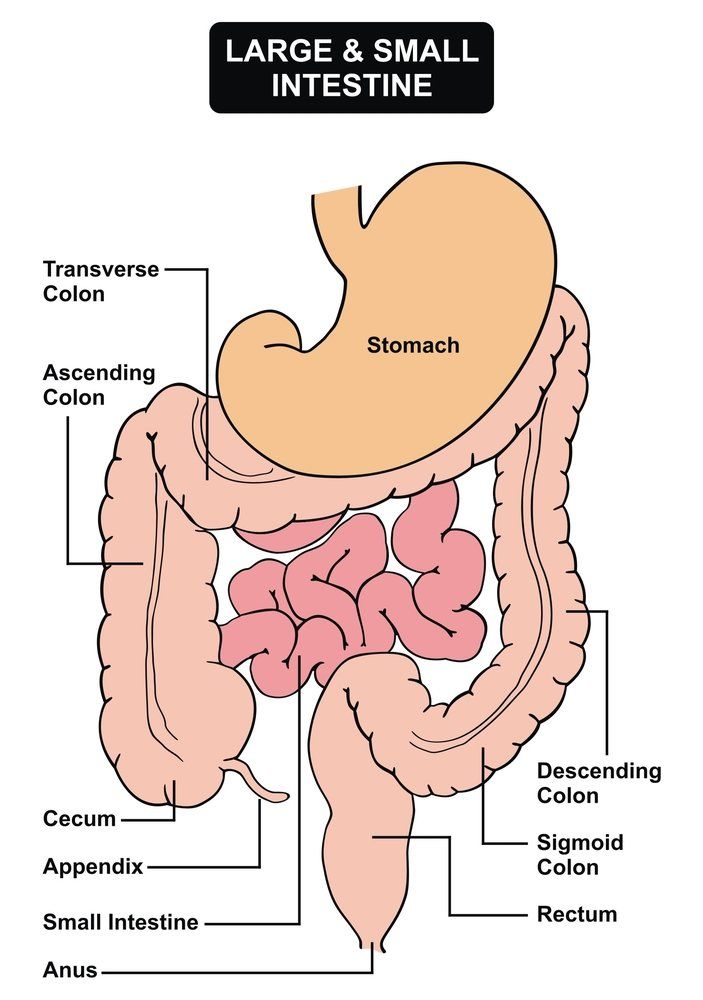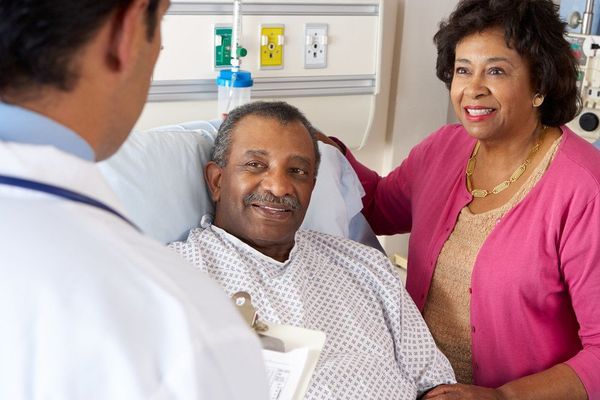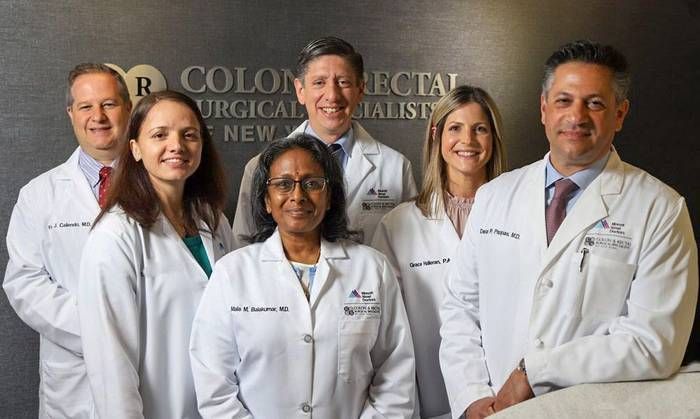
Providing the Colorectal Treatment You Need

Transanal Ultrasound
During this quick, painless test, the doctor inserts an ultrasound probe into the anus to check for a number of anorectal diseases. It provides a complete 3D image of the rectum and anus. The procedure typically takes only five to 10 minutes, and the test results are usually available the next day.
Transanal Ultrasound

Pudendal Nerve Latency
When the pudendal nerve malfunctions, patients can suffer uncontrollable urination or bowel movements, as well as rectal pain and constipation. To treat this, our surgeons deliver a mild electrical shock to this nerve. Although the shock causes the thigh to twitch, it does not result in discomfort.
Pudendal Nerve LatencyAnorectal Manometry
Patients experiencing constipation or fecal incontinence may require an anorectal manometry, which measures the strength of the anal muscles, sensations in the rectum, and the reflexes required for a normal bowel movement. The procedure usually only takes about 30 minutes.
Anorectal Manometry

Fissure Treatment
In the majority of cases, nonsurgical options can relieve symptoms while fissures heal naturally. These treatments can include stool softener, warm baths, and increased fiber intake. When these fail to relieve fissure symptoms, surgery may be required to reduce pressure in the anal canal.
Fissure TreatmentRigid Sigmoidoscopy
A painless office procedure that thoroughly evaluates the rectum. Typically performed in only a few minutes without the need for anesthesia.
Rigid Sigmoidoscopy

Flexible Sigmoidoscopy
Flexible sigmoidoscopy that allows our surgeons to examine the lower large intestine. Patients experiencing abdominal pain, changes in bowel movements, or rectal bleeding are often candidates for a sigmoidoscopy. This procedure can also help in the diagnosis of colon and rectal cancer.
Flexible SigmoidoscopyColonoscopy
A colonoscopy is a procedure that screens for colon cancer, pre-cancerous polyps, ulcers, and tumors. It can also detect internal symptoms of different conditions like inflammation and bleeding. Our surgeons may also collect tissue samples or remove polyps from within the colon during colonoscopy.
Colonoscopy

Hemorrhoids
We prescribe dietary and behavior modifications before recommending more invasive procedures. Increased fiber and water intake, over-the-counter medications, and warm baths bring relief for many patients. If these treatments fail, we can explore surgical treatment options.
HemorrhoidsAnoscopy
An anoscopy identifies problems within the anal canal, such as anal fissures, some cancers, and hemorrhoids. One of our physicians will insert the anoscope three to four inches into the anus, and then use a light to uncover any bulges in the rectum lining. Most patients experience little discomfort.
Anoscopy


